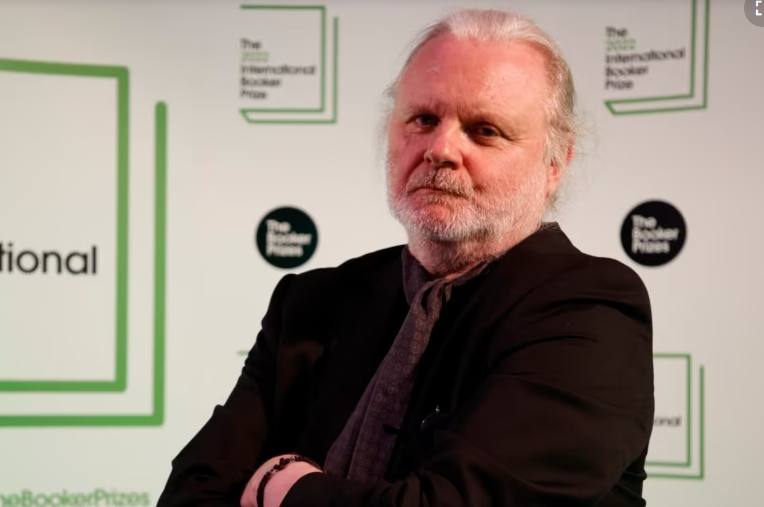STOCKHOLM: Norwegian author Jon Fosse has been awarded this year’s Nobel Prize in Literature.
The Swedish Academy highlighted what it said were Fosse’s “innovative plays and prose, which give voice to the unsayable.”
“His immense oeuvre written in Norwegian Nynorsk and spanning a variety of genres consists of a wealth of plays, novels, poetry collections, essays, children’s books and translations,” the academy said.
Fosse never achieved popular recognition outside of Norway. But within literary circles, the 64-year-old playwright is considered among the greatest of all time.
He has been honored across Europe and was even knighted in France in 2007. Norway’s government has long covered his living expenses and financed his work with a lifetime stipend.
The American writer Damion Searls described Fosse as “probably the best craftsman of them all.” Others have likened him to Henrik Ibsen, whose 19th century plays popularized modernism in theater.
Fosse had limited success as a playwright until he finally made a name for himself in his 40s, with a 1998 showing of his first-ever play in Paris, called Nokon kjem til å komme, or, in English, Someone Is Going to Come.
Since then, Fosse’s plays have been produced in more than 60 countries, his translator said.
While many in theater are celebrating Fosse’s victory, critics have long accused the Committee of unfairly favoring European and white writers, snubbing artists of color from the Global South.
The Nobel announcements began Monday with the prize in Medicine going to Hungary’s Kataline Kariko and Drew Weissman of the United States for their joint research that led to the rapid development of the mRNA COVID vaccines.
The academy on Tuesday awarded the Nobel Prize in Physics to Pierre Agostini, Ferenc Krausz, and Anne L’Huillier for their individual efforts that led to the creation of “extremely short pulses of light that can be used to measure the rapid processes in which electrons move or change energy.”
On Wednesday, Moungi Bawendi, Louis Brus, and Alexei Ekimov were awarded the Nobel Prize in Chemistry for their work in advancing the field of nanotechnology.
The Nobel Peace Prize will be announced on Friday, followed by the final prize for economic sciences on Monday.
All the categories except economics were established in the will of 19th-century Swedish businessman Alfred Nobel, who made a fortune with his invention of dynamite.
The first Nobel Prizes were awarded in 1901, five years after his death.
The Economics Prize was established in 1968 by Sweden’s central bank Sveriges Riksbank in Nobel’s memory, with the first laureates, Norway’s Ragnar Frisch and Jan Tinbergen of the Netherlands, announced the next year.
VOA









Comment